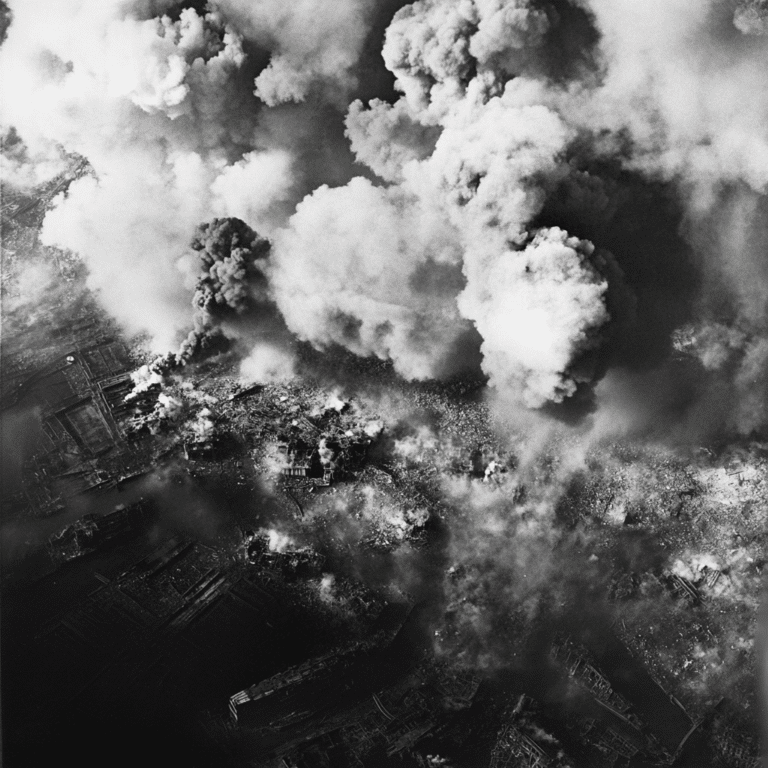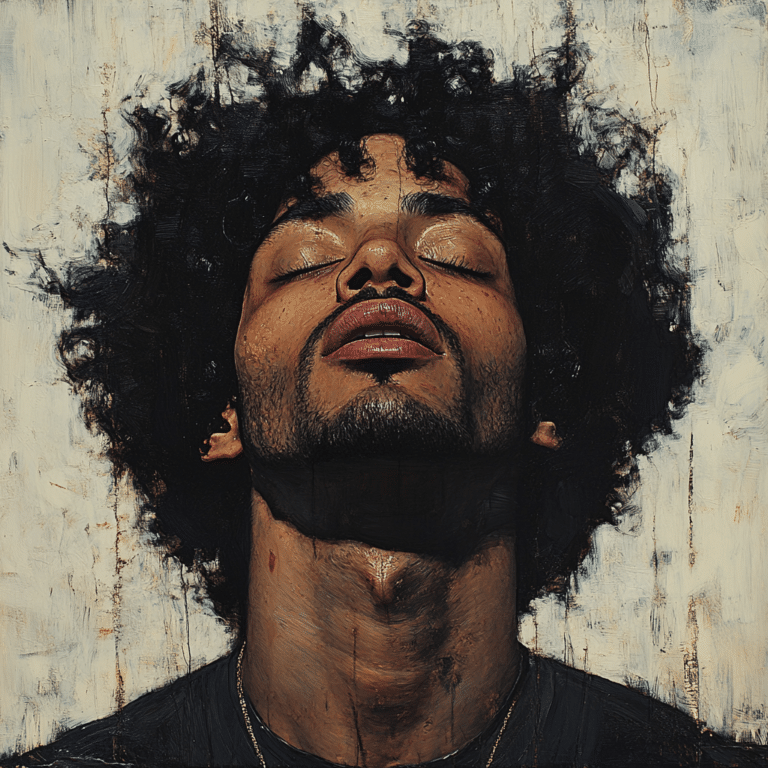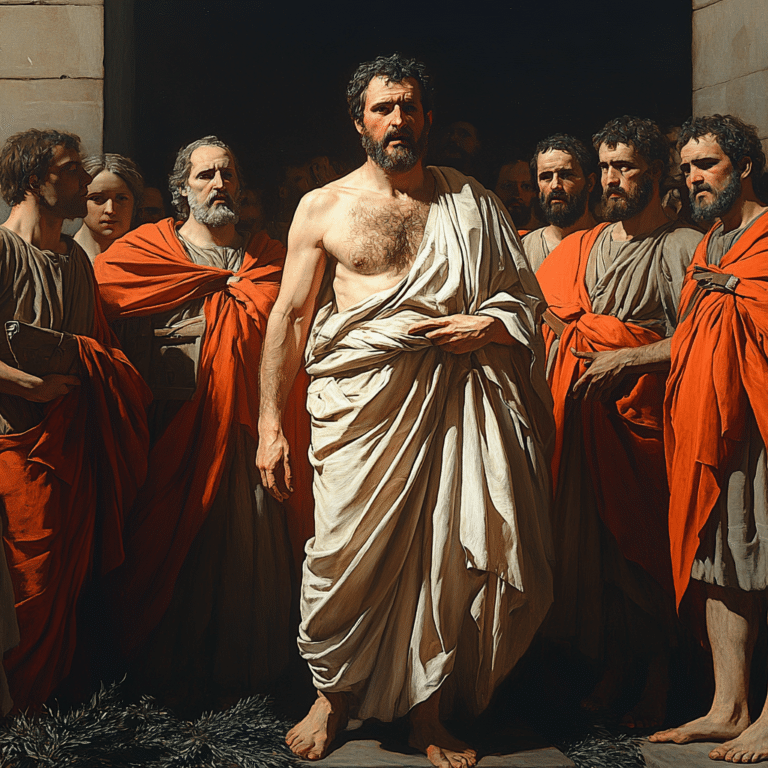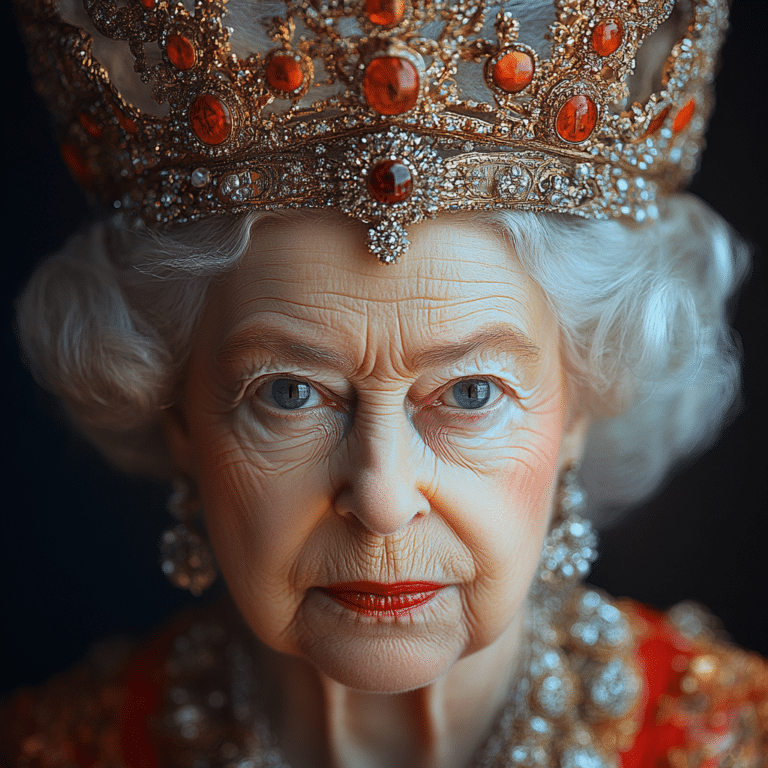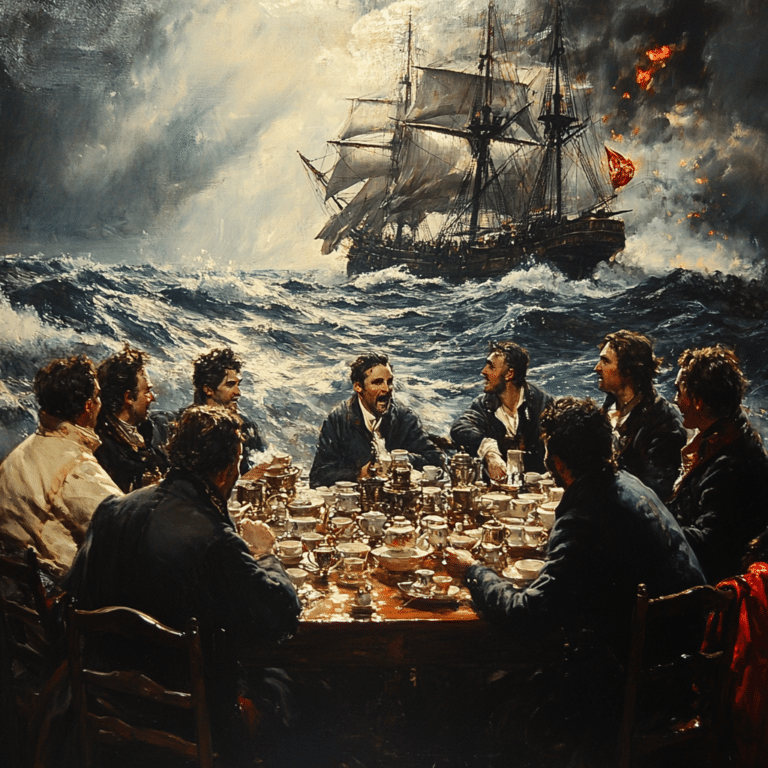The Surge of White Slurs: Understanding the Phenomenon
The discourse surrounding racial slurs has primarily focused on the pain and suffering inflicted upon minorities. However, the topic of white slurs has gradually sparked its own controversy. Surprisingly, while often glossed over in mainstream narratives, these slurs have seen a notable surge in public discourse. This investigation delves deep into the rising prevalence of white slurs and offers insights that challenge the traditional understanding of racial and ethnic slurs.
Top 5 White Slurs and Their Impact
Karen
The term ‘Karen’ has become a widespread pejorative aimed at middle-aged white women perceived as entitled or racist. Originating within social media, its usage skyrocketed during the pandemic. Brands like Starbucks have even faced backlash for referencing “Karen” in their campaigns. What’s alarming is how this term blurs the lines between social critique and outright stereotyping, perpetuating negative assumptions about white women.
Ok Boomer
Initially, ‘Ok Boomer’ served as a generational retort against the Baby Boomer demographic. Interestingly, while it’s not explicitly racial, the term frequently targets predominantly white generations. Critics argue that this term promotes ageism and inadvertently enforces ethnic stereotypes, shifting from a meme to a societal critique with unintended consequences.
Redneck
Historically, the term ‘redneck’ has roots in classism, evolving to include broader derogatory assumptions about Southern white culture. Media portrayals, such as in TV shows like “Duck Dynasty,” cement its derogatory use. It’s a term heavily loaded with socio-political baggage, reflecting disdain for rural and often conservative lifestyles. It’s a stark reminder of how cultural biases still permeate modern discourse.
Snowflake
This term criticizes individuals perceived as overly sensitive, but its targeted use against white liberals like Senator Bernie Sanders or climate activist Greta Thunberg exposes a larger pattern. What began as a critique of fragile emotions now stands weaponized, predominantly against white progressives, allowing conservative critics to belittle opposing views without engaging in substantive debate.
Hick
‘Hick’ demeans rural and rustic lifestyles, typically linked to white Americans. Media such as “Deliverance” and “The Beverly Hillbillies” have perpetuated this stereotype, embedding economic and educational prejudices within its usage. The multifaceted implications of this term highlight society’s tendency to undermine simplicity and hard work aligned with rural white communities.

| Slur | Origin/Meaning | Common Usage Context | Societal Impact | Counter Perspectives |
| Cracker | Derives from the term “whip-cracker” used to describe plantation overseers in the South. | Often used in the context of criticizing white Americans, especially in the South. | Can perpetuate stereotypes and contribute to racial tension. | Some argue it lacks the historical weight and systemic oppression associated with slurs targeting minority groups. |
| Honky | Originated in the 1960s as a derogatory term for white people. | Typically used disdainfully in racial discourse. | Seen as offensive and contributes to racial division. | Some view it as antiquated and less impactful compared to other racial slurs. |
| White Trash | Dates back to the 19th century, originally used to describe poor white Southerners. | Utilized mainly as a classist insult rather than purely racial. | Reinforces negative stereotypes about white poverty and socioeconomic status. | Criticized as classist, targeting economic status rather than race alone. |
| Redneck | Originated to describe working-class white farmers and laborers, especially in the South. | Can be self-applied with pride or used mockingly by others. | Often linked with negative stereotypes about rural white Americans. | Some embrace the term as a point of cultural identity and pride in working-class roots. |
| Hillbilly | Originated to characterize Appalachian residents, often in a derogatory manner. | Often used to label people from rural mountain regions. | Propagates stereotypes of uncouth or uneducated rural whites. | Some residents of those regions claim the term humorously or as a badge of honor. |
Slurs for Indians, and Their Comparative Neglect
In stark contrast, slurs aimed at Indians, like ‘Dothead’ and ‘Curry Muncher,’ receive less mainstream condemnation. The disparity reflects deeper cultural complexities within white-majority societies. Unlike the voluminous outrage against slurs targeting African Americans, epithets for Indians don’t draw equivalent censure, revealing a selective moral perspective that needs urgent attention.
The Intricacies of White People Slurs: Social Perceptions and Consequences
Media Amplification
The media plays a monumental role here. Shows like “South Park” and “Family Guy” use white people slurs under the guise of satire, tacitly endorsing their use. This media portrayal complicates public perceptions of what’s acceptable, molding societal norms in unexpected ways. These portrayals underscore how media amplification can both combat and perpetuate slurs, skewing public standards and sensibilities.
Academic Perspectives
Top-tier institutions like Harvard and Stanford have scrutinized the sociological and psychological impacts of slurs on white individuals. Early results indicate these slurs, while not as historically charged as others, still polarize society significantly. They contribute to tension and division, proving that no group is immune to the harmful effects of derogatory language.
Public Opinion
Polling data presents a telling picture. A 2023 Gallup poll revealed 60% found the term ‘Karen’ justifiable in some contexts, whereas only 25% found ‘redneck’ acceptable. This dichotomy illustrates a selective moral compass influenced by contemporary cultural dynamics. Public opinion sways based on media portrayal, personal experiences, and sociopolitical contexts.

Why This Matters: The Road Ahead
Understanding the rise and impact of white slurs is essential for grasping the complexities of modern social interactions. This discourse goes beyond semantics, touching upon respect, equality, and societal harmony. Language wields significant power in shaping attitudes— power that must be used responsibly. As we strive for a harmonious society, respect shouldn’t be selectively granted based on historical narratives alone. Upholding an equal standard for respectful discourse across all groups is paramount.
As conservative voices push back against the ‘Woke’ tide, it’s clear: mindful communication and mutual respect form the cornerstone of a truly equitable society. This exploration encourages deeper understanding and awareness, advocating for a move towards more inclusive and considerate dialogue. It’s time to address these disparities head-on, fostering constructive discussions that benefit all.
By engaging with this complex issue, conservative readers can ensure their voices remain recognized and empower individuals to champion value-driven societal principles.
Featured Links:
White Slurs Controversy: Shocking Insights
In navigating the notorious territory of racial slurs, white slurs operate in a peculiar domain that often goes unnoticed. White slurs might not pack the same punch as ones used against other ethnicities, but they’re still a critical part of our societal dynamics. For a start, did you know that the term “redneck,” which is now used derogatively, originally referred to coal miners in West Virginia who wore red bandanas?
Historical Context
Shifting gears to the past, “cracker” was a term that dates back to the 18th century, specifically used by African Americans to describe poor white folk, often as a class distinction rather than a racial one. Interesting tidbit, huh? This term’s socio-economic roots make it unique compared to other white slurs. These historical nuances often get lost in the shuffle, overshadowed by more aggressive contemporary connotations.
Cultural Reappropriation
You might be surprised to learn how “hillbilly” has been reappropriated. Originating in the Appalachian Region, “hillbilly” was initially a term of endearment that connected people to their rugged, rural heritage. It’s a known fact that the country music industry played a significant role in transforming how people perceive “hillbilly.” Altogether, these evolutions provide a fascinating glimpse into how language and culture intertwine.
Modern Usage
Fast forward to modern times, and terms like “Karen” have cropped up. “Karen” is a label for a self-entitled, often middle-aged woman, particularly wielded on social media to critique specific behaviors. This modern iteration shows how white slurs can shape social commentary on present-day attitudes. Like many slurs, the impact and acceptance of these labels fluctuate based on cultural and societal norms, with some people even embracing the terms in surprising ways.
Engaging with and understanding the history and current use of white slurs exposes not only the complexity but the vibrant, ever-changing nature of language. And it adds another layer to our ongoing conversation around race and social identity.




